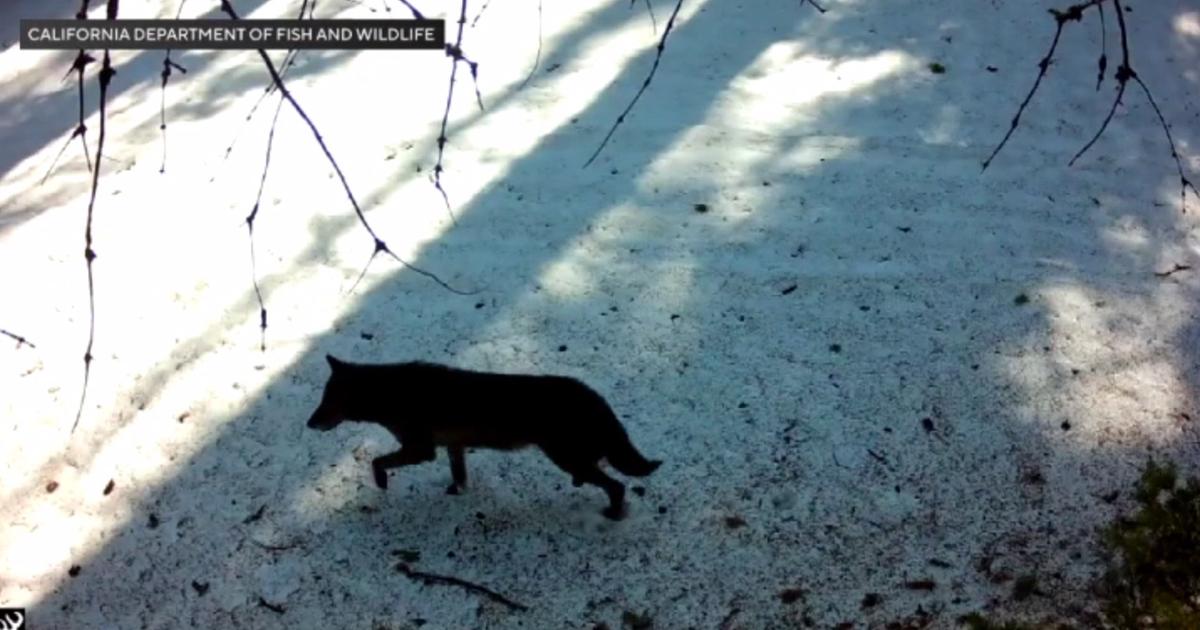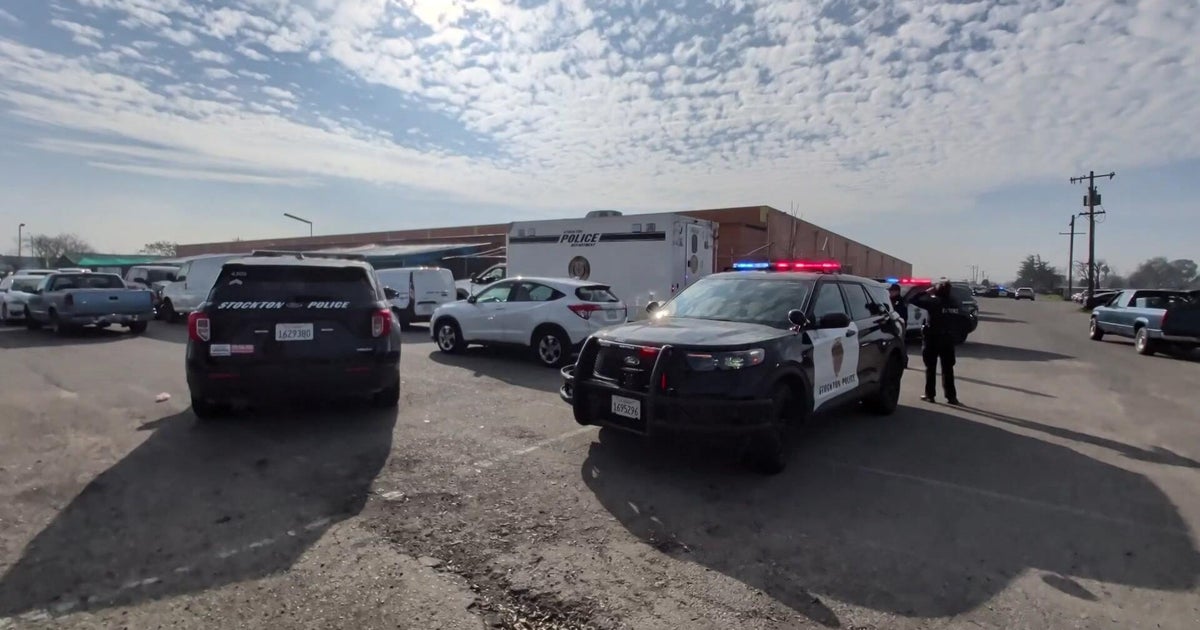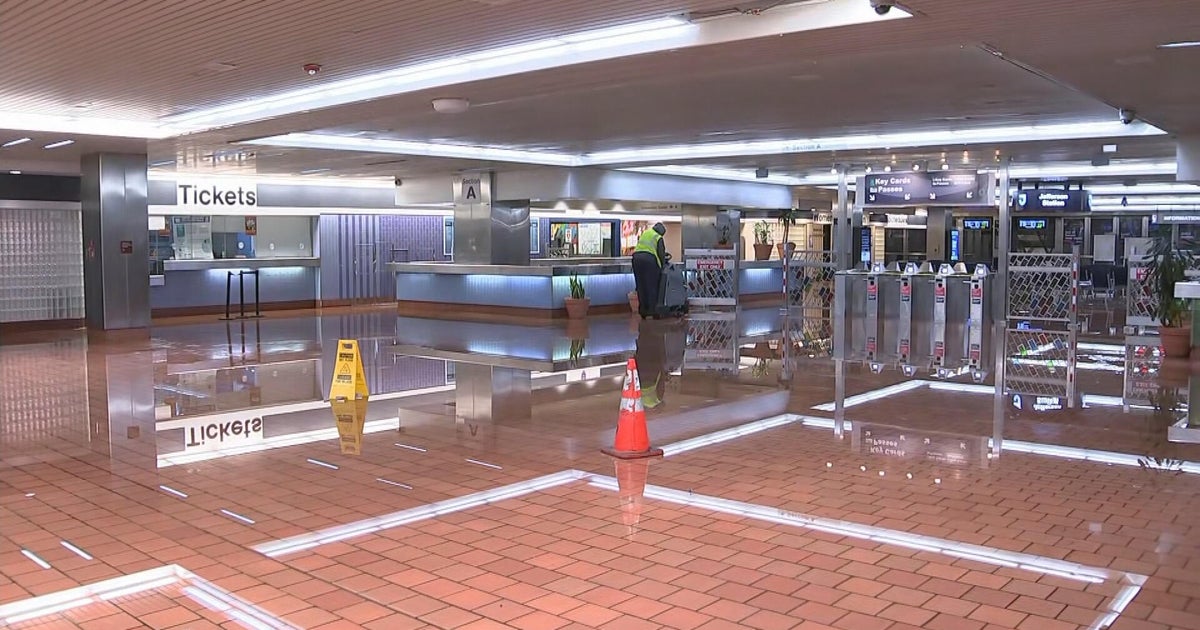No Fleas Found in LA City Hall Despite Rodent Problem
LOS ANGELES (CBSLA) – Although an employee believes she contracted typhus from fleas in her City Hall East office, no traces of the insects have been found in any city government buildings in the Civic Center, according to a report presented to the Los Angeles City Council on Friday.
The report comes after City Council President Herb Wesson had all of the carpets removed from his office late last year due to a rodent and flea problem, and also proposed earlier this year exploring the removal of all carpets in City Hall.
But despite the demonstrated rodent problem, a vendor hired by the city, CatsUSA Pest Control, said in a report it found no traces of fleas in City Hall, City Hall East, City Hall South, the Metropolitan Communications Dispatch Center and a city child daycare center in the Civic Center after setting up more than 1,800 monitoring stations.
The council voted unanimously to continue to receive regular updates on the rodent and flea issue. Staff also said that the carpets are being vacuumed more often, and there was no discussion about having them removed.
"It sounds like we have made a lot of headway, so from this point on, I think that it's important that we continue to attack and that we don't sit back and wait for complaints," Wesson said.
In a verbal report to the City Council, city staff said there has been an increased effort to fight potential rodent problems, including more clean- ups around the exterior of City Hall. Nearly 60 percent of the trees have been trimmed, with all of them expected to be done by the end of the month or early April, and 40 percent of the nearby landscaping has been removed, staff said.
Staff also said that more rodent traps have been set inside the buildings, and although Cats found no actual rodents, there was evidence of rodent droppings in some parts of the buildings and signs that rodents were thriving in the exterior areas.
The City Council last received an update on the rodent problem on Feb. 15, about a week after approving a motion seeking options on combating the problem of rodents and fleas in the building, including removing all of the carpets.
The motion, which Wesson introduced, said there had been a "noticeable increase in the volume of rodents in the area and within city buildings," and also referenced a news report on Deputy City Attorney Liz Greenwood, who is convinced she caught typhus last November from fleas in her City Hall East office.
"It was terrifying," said Elizabeth Greenwood, "I thought I was going to die and couldn't figure out what was wrong with me."
RELATED: Typhus Outbreak At City Hall Had Attorney Believing 'I Was Going To Die'
The motion said Wesson's office became aware of vermin issues within his personal City Hall office that month and brought in pest control experts, who set traps, advised the removal of all live plants the rodents were consuming, and recommended the removal or containment of all food products.
The motion said that within two weeks, Wesson's office was also experiencing fleas in the carpets, so he had them removed.
"Since the work has been completed, our employees have not reported any new rodent or flea issues within the office," the motion stated.
The motion instructed city staff to report back with a cost estimate and plan to remove all carpets in City Hall and City Hall East, and to report back with an assessment of all live plants in any city building, city-owned facility and city-operated facility within downtown, including which varieties are most attractive to vermin.
According to Wesson's motion and a member of the Personnel Department, the demolition of the Los Angeles Police Department's former Parker Center headquarters building, which has been mostly vacant since 2013 and is across the street from City Hall East, may be partly responsible for the rodents in the Civic Center area.
The rodent problem has been acknowledged by other City Council members, including Monica Rodriguez, who shared video footage last month with some news outlets of her staffers screaming and reacting to a rodent running down a hallway, and Councilman Joe Buscaino, who posted on Twitter a note he shared with his staff, telling them that the office is being visited by rodents and reminding them not to leave food and dishes out overnight.
Typhus is not transmitted person-to-person, and flea-borne typhus can spread to people from infected fleas and their feces. Typhus infection can be prevented through flea control measures on pets, using insect repellent to avoid flea bites, and clearing areas that can attract wild or stray animals like cats, rats and opossums, according to the Department of Public Health.
Symptoms of typhus include high fever, chills, headache, muscle aches and rash and can be treated with antibiotics.
Health officials in October announced there was a typhus outbreak in Los Angeles County, including in the downtown area of Skid Row, where an estimated 2,000 homeless people sleep.
At a meeting in February, Buscaino pointed to a 2016 federal court ruling that limits the amount of homeless encampment cleanups the city can do in the Skid Row area and prevents the city from seizing and destroying homeless people's property in Skid Row and nearby areas without posting advance notice.
The injunction has led to an increase in homeless encampments, and some have blamed them on the typhus outbreak.
U.S. District Court Judge S. James Otero also ordered the city to segregate and store impounded belongings where they can be recovered. The City Council voted this week to settle the lawsuit which led to the injunction, signaling that it is willing to accept the large tent encampments in the downtown area.
Buscaino was one of two council members to vote against settling the case.
"That injunction is prohibiting our outreach workers from getting to our most vulnerable homeless population in and around the downtown area. So rats are a symbol of this injunction," he said in February.
(© Copyright 2019 CBS Broadcasting Inc. All Rights Reserved. City News Service contributed to this report.)







